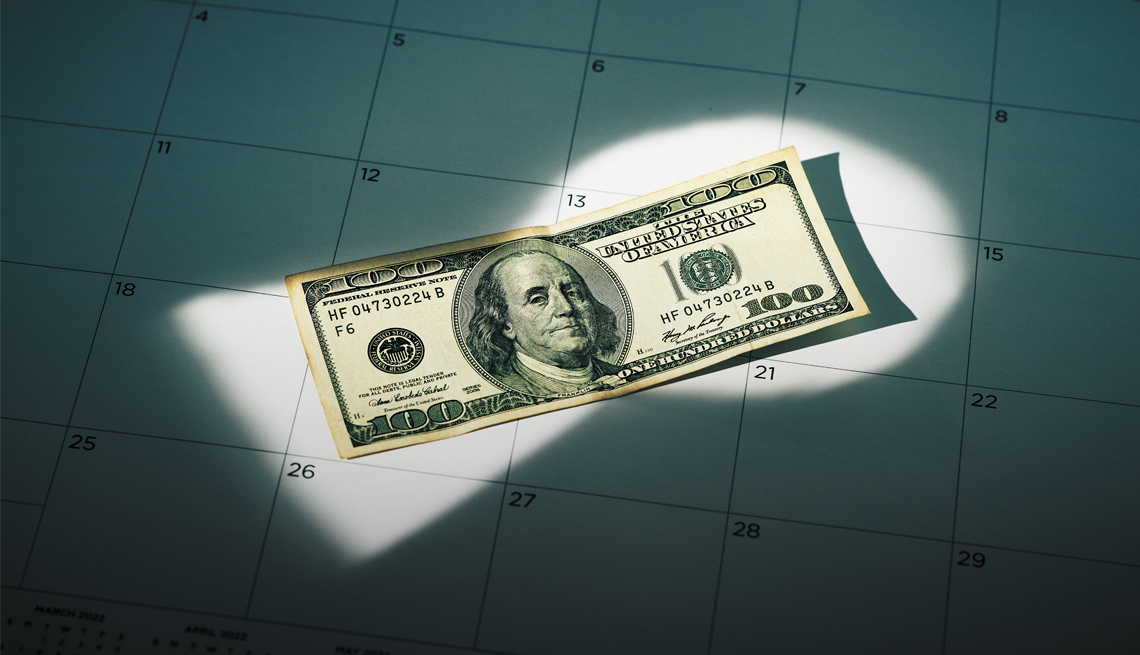What type of insurance is the best for you? — aarp viva
What type of insurance is the best for you? — aarp viva"
- Select a language for the TTS:
- UK English Female
- UK English Male
- US English Female
- US English Male
- Australian Female
- Australian Male
- Language selected: (auto detect) - EN
Play all audios:
During these trying economic times, shopping for insurance isn't anyone's idea of fun. Hispanics, however, seem especially averse. According to census data and industry insiders,
Latinos are the most uninsured and underinsured group in the nation. For instance, nearly one third of the more than 40 million people in the United States without health insurance are
Latino, but Latinos are only 15 percent of the population. For many, it's due to tight budgets, language challenges, and cultural biases. "If you come from a country with a
national health program, you may not realize that in the United States, without proper health insurance you could find yourself with enormous medical bills," says Leonor
McCall-Rodriguez, president of One Voice Insurance Services, in California. Andre Urena, CEO of the Latin American Agents Association, says that similar cultural biases lead many Latinos to
skimp on life and homeowners insurance too. "Those from cultures of strong family ties and countries with little material wealth simply don't see insurance as a priority." But
having the right insurance in the right amounts should be a financial priority, experts say. Below, find out if you need it and, if so, how much is enough. HEALTH INSURANCE DO YOU NEED IT?
Ten out of 10 doctors agree: Yes. With healthcare costs soaring ever higher and many employers not paying their traditional share, underinsured households are risking financial ruin. Half of
all personal bankruptcies are due to medical bills. HOW MUCH IS ENOUGH? "You don't just need a health insurance plan; it has to be a quality plan," says McCall-Rodriguez, who
reports that policies of questionable value are flooding the market, advertised everywhere. "You want a major carrier," she says. "And you want to ensure that all serious
procedures are covered." Ask enough questions. Research deductibles and copayments. (Don't know what those terms mean? See the web link "Choosing a Medigap Policy,"
below.) Find out which drugs are covered. Inquire about emergency care coverage. Ask your current doctors if they participate in the plan. TIPS: "You also need to know how to use the
plan," adds McCall-Rodriguez. Preventive care, such as colonoscopies and vaccinations, are covered 100 percent by many plans. Checkups can be covered even before deductibles are met. If
you're 65 or about to turn 65, you may want to buy Medigap insurance to supplement Medicare. You can also call Medicare and speak to a counselor at 800-633-4227. HOMEOWNERS INSURANCE
DO YOU NEED IT? If you own a home, yes. A home—even after the recent market woes—makes up such a large percentage of most families' net worth that not insuring it and its contents is a
big mistake. HOW MUCH IS ENOUGH? You probably already have homeowners insurance—getting a mortgage without it is generally impossible—but you may be underinsured. "Many homeowners buy a
policy and then let it renew year after year. Meanwhile, their home value may have appreciated greatly," says agent Andre Urena. "Your home should be insured for an amount
somewhere between what it would cost to build a new, similar home—its 'replacement cost'—and the current market value of your property," Urena says. You also need to assess
your valuables. They might not be covered unless your insurance company knows about them, says Cathy Pareto, CFP, president of Cathy Pareto & Associates, a financial planning firm in
Coral Gables, Florida. TIPS: Photograph or videotape the inside of your home, cataloging possessions. Keep documentation in a safe place. If a fire destroys your home or you are robbed,
you'll need that proof to collect on insurance. Receipts also help. When shopping for policies, get several quotes. And be aware that a typical homeowners policy does not cover damage
caused by floods, earthquakes, water-line breaks, termites, or mold, which require additional insurance.
Trending News
Is ken paxton's acquittal a true victory for texas republicans?Texas' Republican attorney general, Ken Paxton, was acquitted by the state Senate of 16 charges in his recent impea...
Catherine Love | The GuardianCatherine LoveCatherine Love writes about theatre for the GuardianApril 2025Abigail’s Party review – woozy, boozy Beverl...
Warren adler's story of caring for a wife with dementiaOn my 67th wedding anniversary, I visited the facility where my wife lives with other dementia patients. As usual, she d...
Why it’s time to stop worrying about fukushima’s wastewaterReleasing treated wastewater directly into the ocean from the Fukushima nuclear plant sounds dangerous, but going below ...
Is it illegal to fit a boiling water tap in france?SARAH BRIGHT-THOMAS OF BRIGHT AVOCATS ANSWERS A READER QUERY Reader Question: I am keen to put an instant boiling water ...
Latests News
What type of insurance is the best for you? — aarp vivaDuring these trying economic times, shopping for insurance isn't anyone's idea of fun. Hispanics, however, see...
The page you were looking for doesn't exist.You may have mistyped the address or the page may have moved.By proceeding, you agree to our Terms & Conditions and our ...
The aarp minute: august 9, 2022Memorial Day Sale! Join AARP for just $11 per year with a 5-year membership Join now and get a FREE gift. Expires 6/4 G...
Actor-mla balakrishna does it again: slaps eager tdp supporter who fell over due to crowd“When other heroes go out, they need bouncers. Balayya doesn’t require them. He controls his fans himself. When someone ...
Is Your Hand Sanitizer Safe?2:01 Videos de AARP Is Your Hand Sanitizer Safe? Facebook Twitter LinkedIn Hand sanitizer can be an effective backup to ...
